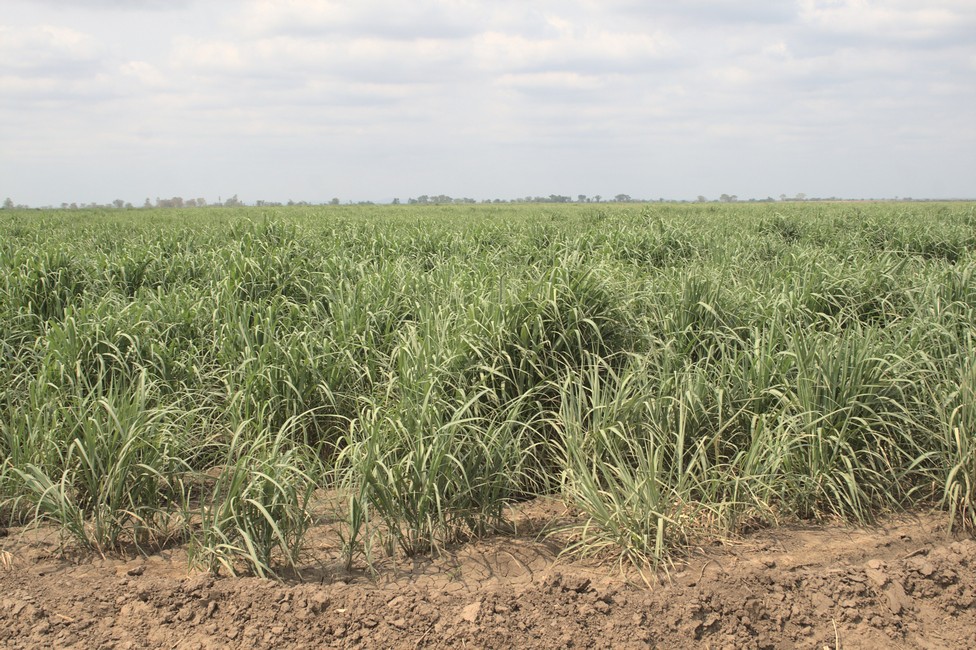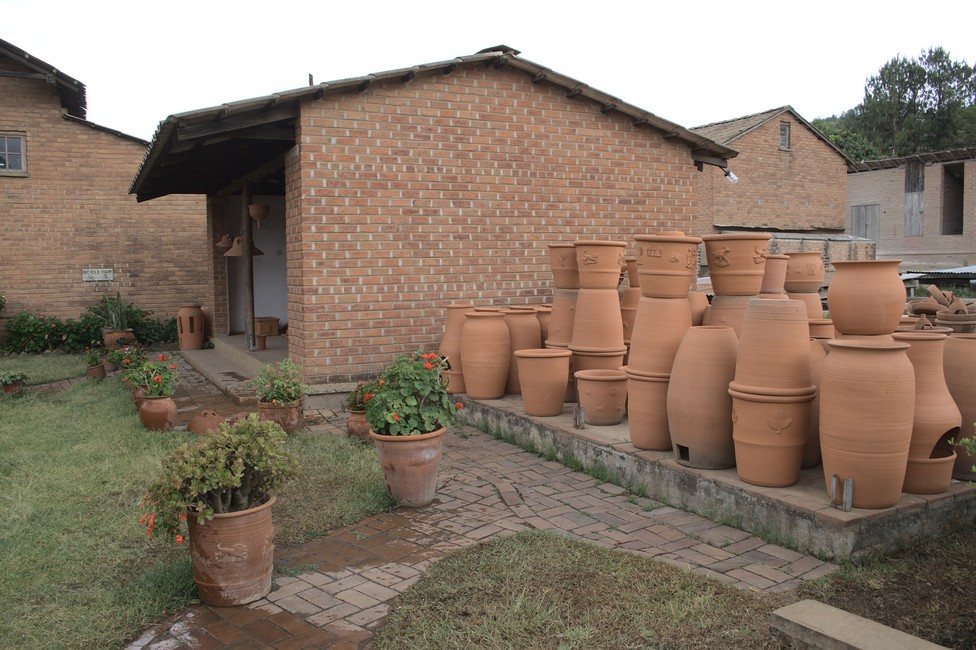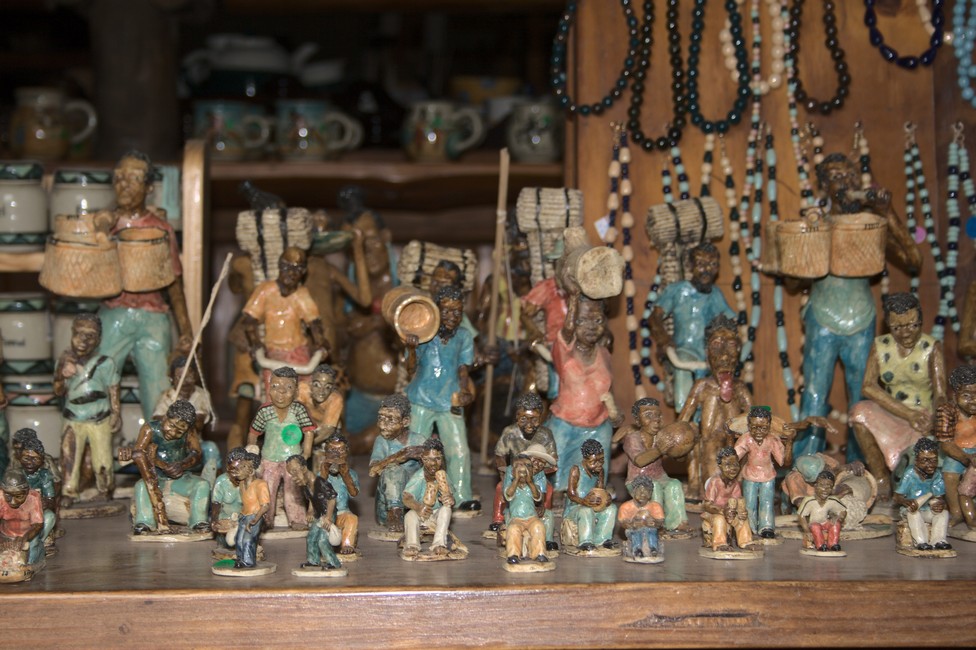We are on the way to the Dezda pottery. First, the route leads through vast sugar cane fields, through small villages until it leads up in mountainous areas.

On a truck party is held. No matter what the circumstances, the Africans know how to party and be happy. We wave back and forth, have fun, we finally overtake, the truck is too slow.
Occasionally we stop, because the scenery is great and the clouds atmosphere and dawn add to the beauty.

Just before nightfall, we arrive at the campground at the pottery. Unfortunately today it is not operating, so we can not see the workers, but we can take a look at their products.

It was established in 1984 by the Dedza Pottery Trust, a non-profit organization that aims to promote the development of the Malawian pottery industry and provide employment opportunities for local people.
The workshop produces a wide range of pottery and ceramics, including hand-crafted plates, bowls, mugs, and vases, as well as decorative items such as figurines and sculptures. The pottery is made using locally sourced clay and traditional techniques, and each piece is unique.

Dezda Pottery also offers training and apprenticeship programs for aspiring potters, as well as community outreach programs that teach pottery skills to disadvantaged groups such as women and youth. The workshop has played a significant role in promoting Malawian pottery and supporting local artisans, and its products are sold both locally and internationally.
Malawi pottery is a traditional craft that has been practiced in Malawi for centuries. It is a vital part of Malawi’s cultural heritage and is closely linked to the country’s history and identity.
The pottery in Malawi is often made using locally sourced clay and traditional techniques. The pieces are usually handcrafted and decorated with intricate patterns and designs. Some of the most common items produced by Malawian potters include plates, bowls, mugs, vases, figurines, and sculptures.
The pottery industry in Malawi has undergone significant changes over the years, with many modern potters incorporating new designs and techniques into their work. In recent years, there has been a growing interest in Malawian pottery both locally and internationally, and many potters are now selling their work online and through international exhibitions.